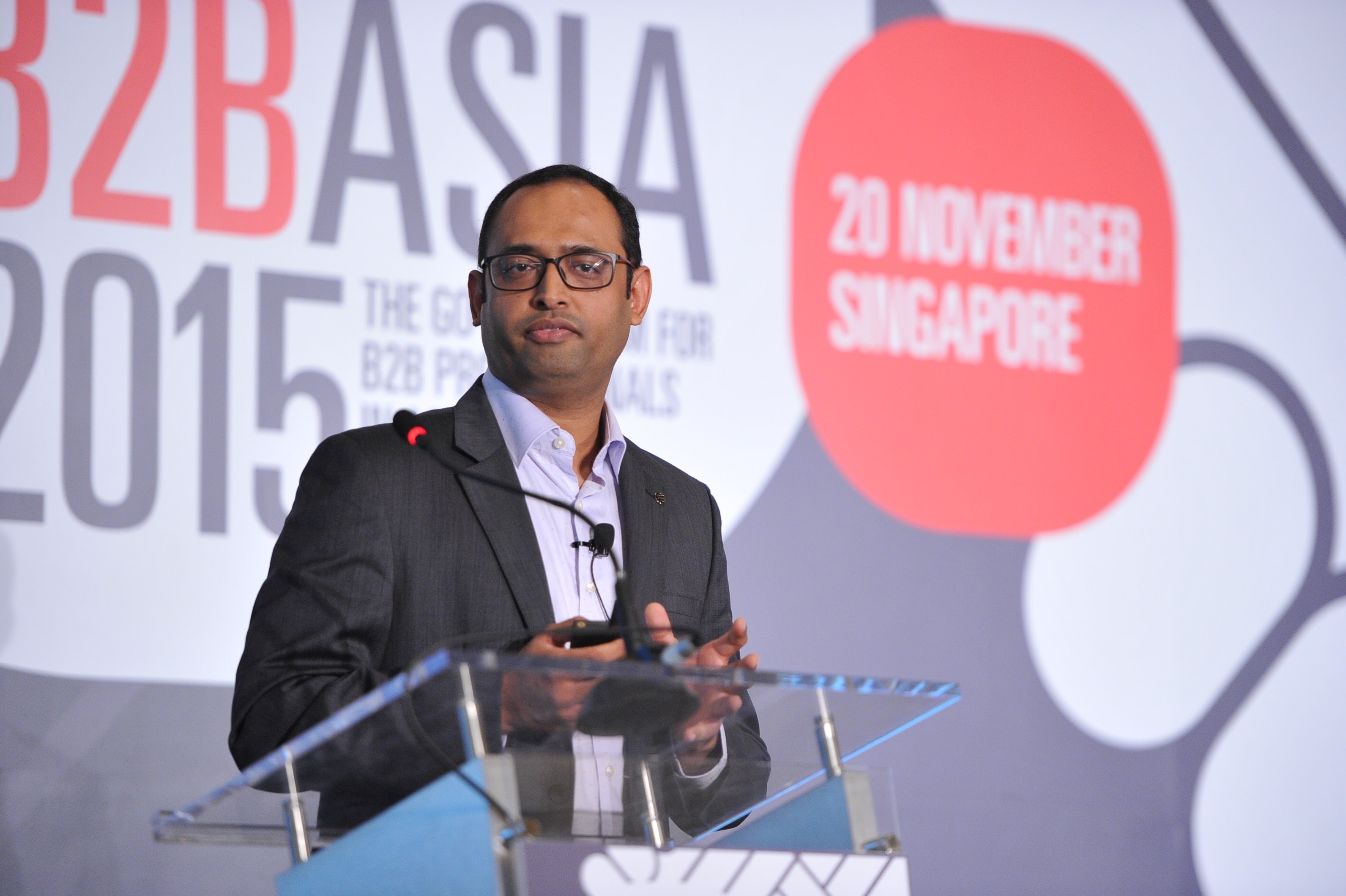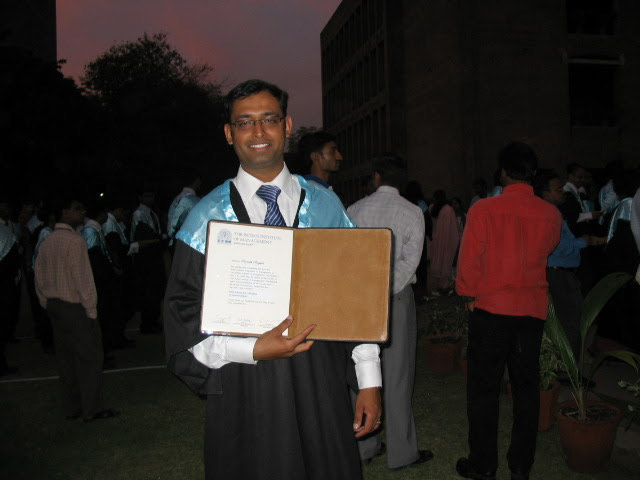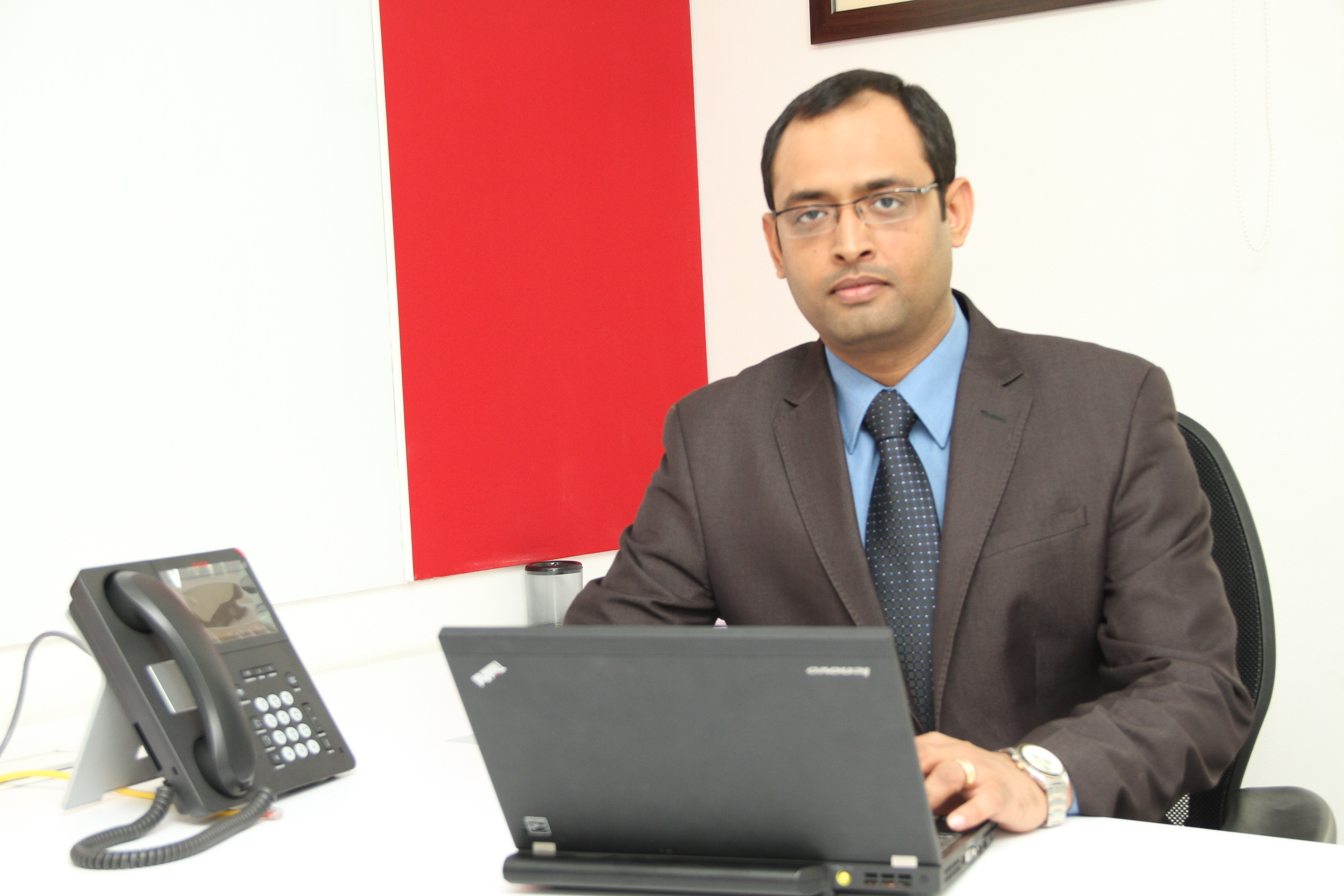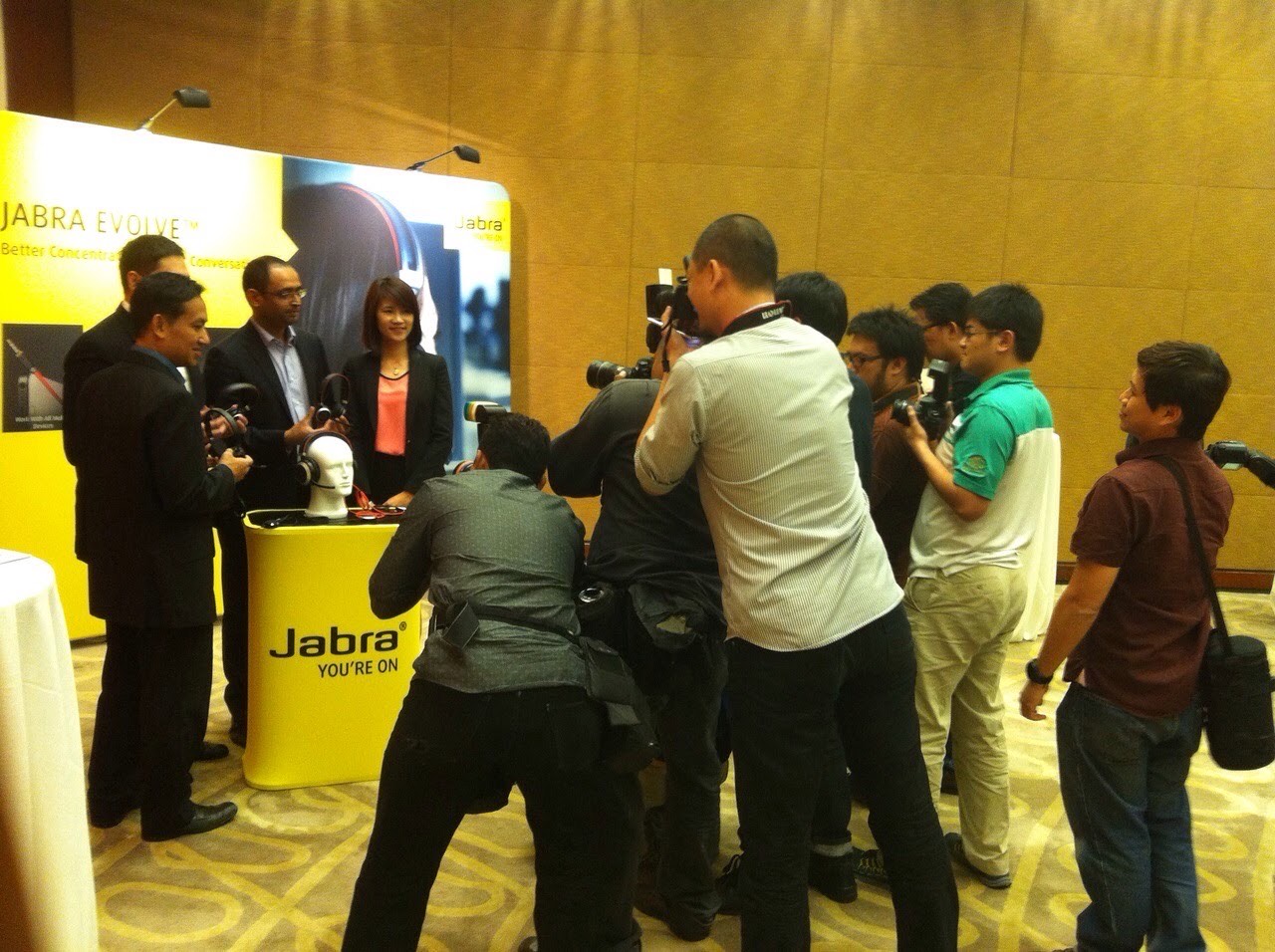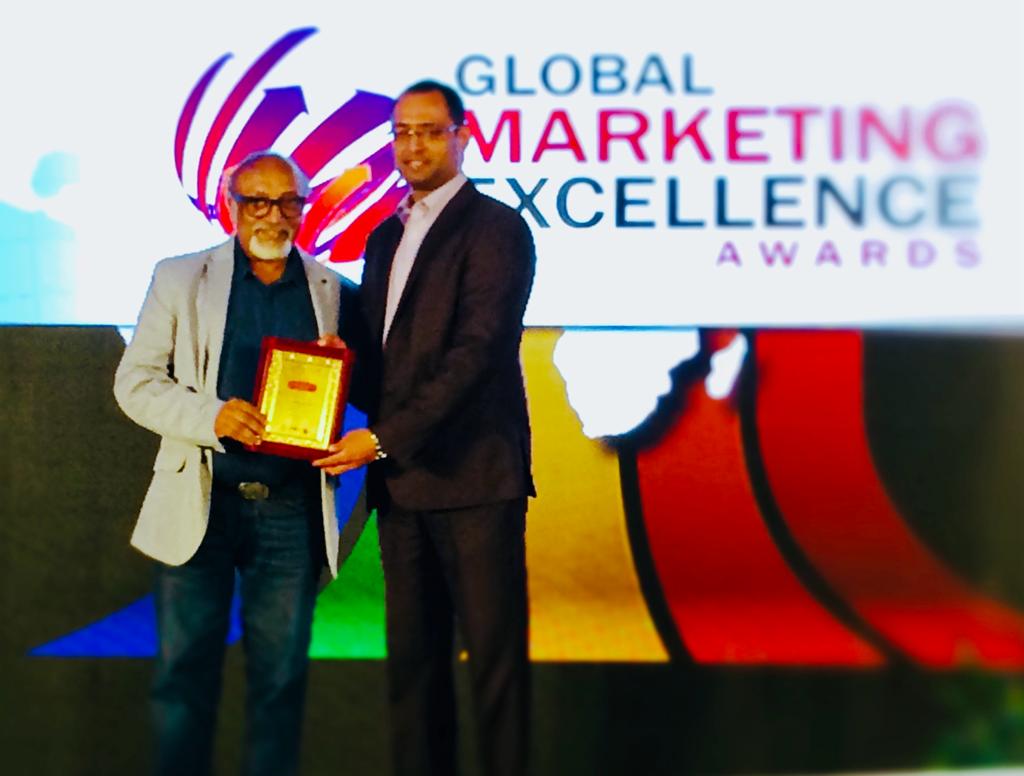It may be hard, in a world of chasing academic results and an increasing number of zeroes in the bank balance, to hold on to the passion of one’s childhood, feed it and water it, and make something of it. For too many people, that passion gets shut in a box labelled ‘hobby’ and is put away for just an occasional airing. But Saurabh Singhal found a way to do both: he has the heavyweight degrees and the row of zeroes, and he has steered his career — with some luck, and a lot of pluck — to arrive exactly at the place where he was meant to be.
Singhal is the Group Head – Marketing & MarTech for Institutional Banking at DBS, the Singapore-headquartered bank that is one of the leading banks in South Asia, with offices in other regions of the world, too. The tech part of marketing is of particular significance here, since he started his professional life as a techie.
His first higher degree was in Electronics and Communications Engineering, and he began with what was then a coveted position in the information technology sector in India — a programming job at Infosys, Bengaluru. “I became a programmer, partly by luck and partly by accident, after earning my engineering degree,” said Singhal in an interview with Connected to India.
The road between that starting point and where he is now did not always reveal what was around the corner — he let himself be led as much by his instincts as by pragmatism. “I found my passion, marketing, after a few bends,” he said. Based on his own experience, his advice for finding one’s true calling is: “Reflect on what you’re doing, and if you enjoy it.”
If non-performers across the world chant the mantra of “Look busy, do nothing”, performers frequently and unwittingly fall into the rut of being genuinely busy but running at the same spot rather than moving forward.
Singhal said, “Be impactful, not just busy. In anyone’s career, there could be a reason why people might be unhappy, but still unable to leave a job. These are plateaus — but they, too, teach you a lot. My biggest learnings have been from managers with whom I did not get along. If you do find yourself stuck, try to grow yourself. You never know when the next opportunity will arise.”
He suggested a way of annually assessing one’s achievements or productivity: “Update your CV once a year, even if you’re not changing jobs. In your CV, you can’t write that you were busy, so see what substantial information you can add there.” This self-analysis would show an individual where their career path is taking them, and if that’s the right direction for them.
‘I always loved advertisement, jingles. I did not want to go on programming’
In his own career, Singhal proactively prepared himself for the roles that would dovetail with what really appealed to him.
Born and brought up in Jodhpur, in the western Indian state of Rajasthan, Singhal lived in his home state until he finished his engineering degree. The information technology era in India was coming of age around the same time, so that’s where the road took him. Though he would not continue for long as a programmer, his job with Infosys in Bengaluru was very rewarding in a different way — that’s where he met his future wife, a software engineer.
However, Singhal wasn’t by nature the typical hoodie-clad techie who talks in impossibly annoying jargon while the tech-challenged around him yawn in boredom. “I was not fully satisfied [as a programmer]. I was made for outgoing business roles,” he said.
That little mental ‘bleep’ of dissatisfaction grew louder; soon, his natural inclination took over. “I always loved advertisement, jingles. I did not want to go on programming,” he said. With the aim of moving into a business role, the newly-married Singhal enrolled for an MBA from the prestigious IIM Ahmedabad, while his wife stayed on in Bengaluru to work with Infosys.
Family support is crucial in one’s career, and Singhal was fortunate that he had very supportive parents and spouse. As the first techie in the family, he was quite the trailblazer, and his parents, both Rajasthan government employees, were “very encouraging of good education and good professional careers”. Indeed, they “went beyond their means to support me”, he said.
The business school degree was followed by a job at Microsoft, where Singhal got what he wanted: business roles in tech companies. “Microsoft asked if I wanted to go to a big city or to a small city and open an office and head it.” He chose the latter, and opened an office in Nagpur, with the responsibility of heading sales for two territories: north Maharashtra and Chhattisgarh.
‘In your twenties or early thirties, be open to experimentation’
Still, something was missing in his Microsoft position. “Sales wasn’t giving me that kick,” recalled Singhal, so he continued to take experimental steps in his career, something he recommends for everyone. “I suggest you take your career in intervals, as per your life stage. In your twenties or early thirties, be open to experimentation — your career is a marathon, not a sprint.”
Before long, Singhal had moved to global roles in Hewlett Packard and Cisco, working in “marketing, business, tech, a great combo”. By the age of 32, he was country CMO for the US-based infotech company Avaya, a C-suite job that made him part of the India leadership team.
Then, Singapore called.
“Call it serendipity,” said Singhal, “but I saw this Singapore opportunity in Juniper Networks in 2013.” The role was of Asia-Pacific marketing head for the US-based network products company, and Singapore was the perfect base for it, so the Singhals became expatriates with their two young children.
In August 2018, Singhal joined DBS Bank, a leading bank in Singapore. This was not only a job change, but a career change, too. “There have been two pivots in my career,” he said. “One from engineering to business roles; another from tech industry to banking.” He joined DBS as the group head of marketing, consumer banking; next came head of marketing for private and NRI banking; and finally, his current position as the group head of institutional bank marketing.
All through these years, he has not just worked for the job, but made the job work for him, too. “You should see if the job is adding value [to your career],” advised Singhal.
“Adding value can be of two kinds. One, real personal value: am I learning? That can happen from any source, e.g. a colleague, manager or a mentor. Two, professional value, e.g. a formal course/training that helps you get a broader view and adds to your credentials.” Both are equally important, because “[a] resume only takes you so far”.
‘Mid-career professionals need to take breaks and reskill themselves’
With an MBA degree from one of India’s most elite institutions, Singhal is also in a good position to advise if one should go for this degree after a few years’ work experience or as a continuation of higher education without a break. He replied, “I did MBA after four years of work experience. In our class, 60 per cent were fresh grads, 40 per cent were experienced. In my case, I understood the nuances of the course better because of my experience.”
The decision of when to do an MBA, he added, would depend on one’s conviction and life stage — after all, there is “never a wrong time to do the right thing”.
What Singhal is certain of is the need for lifelong learning: “In today’s day and age, postgraduate degrees get outdated, so mid-career professionals need to take breaks and reskill themselves.”
Leaving a job to earn a new degree or to take up even an online course amid worldwide mass layoffs should be seen as a career investment, not an extra expense of time and money, in his opinion. “Today’s environment is actually the environment when you should invest in your own reskilling,” said Singhal. “I think when someone gets laid off, they should invest in a new skill — it keeps them sane and it makes them more job-ready. It doesn’t have to be a very expensive degree.”
To sum up his views on how to prioritise investment in reskilling, Singhal has a Warren Buffett-ish aphorism: “The cost of your next designer handbag could be the catalyst for your career and earnings for the next five years.”

